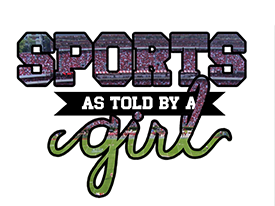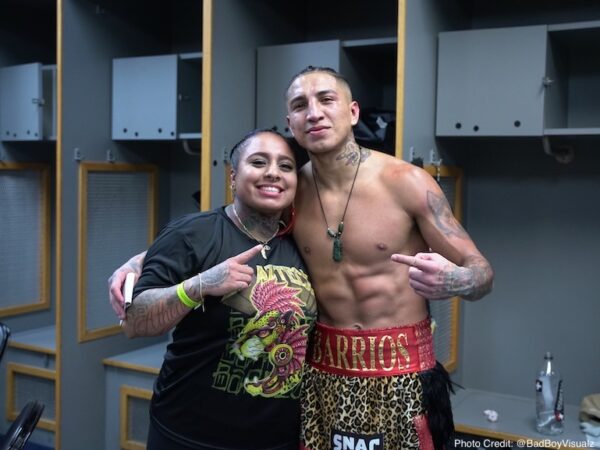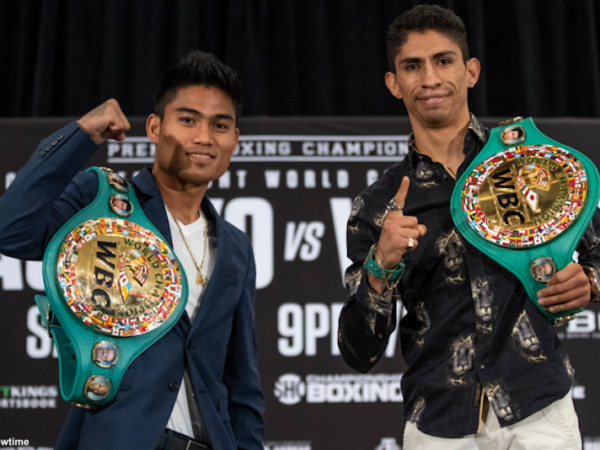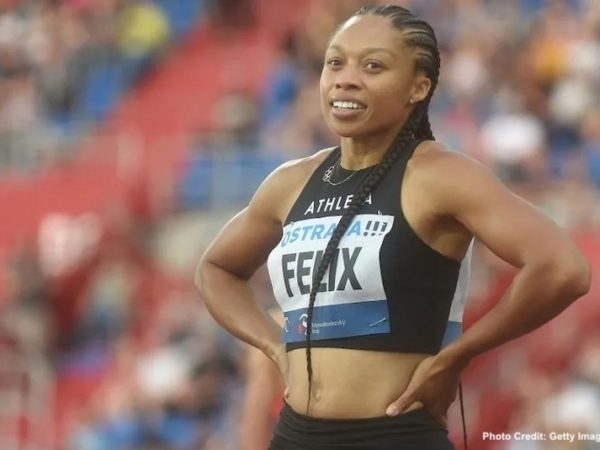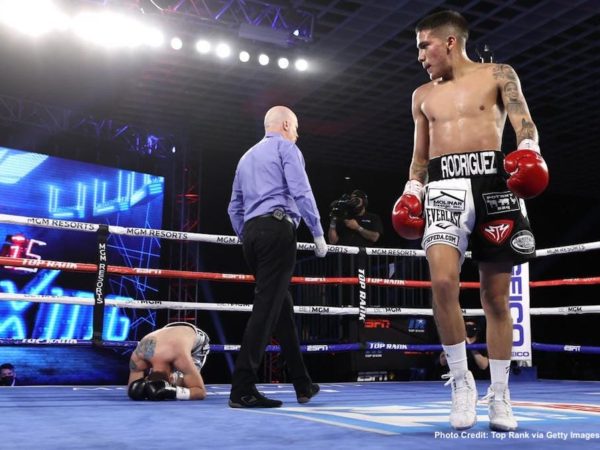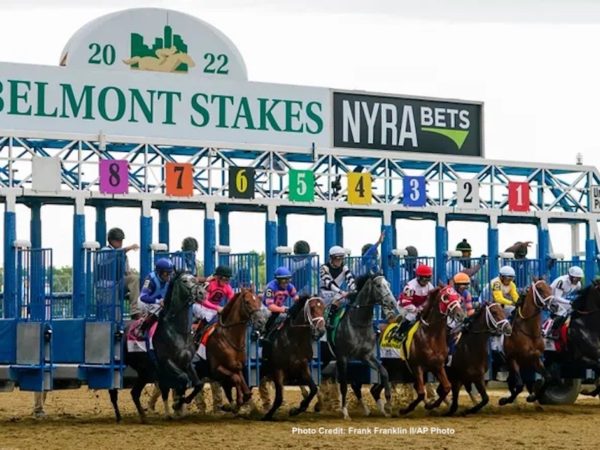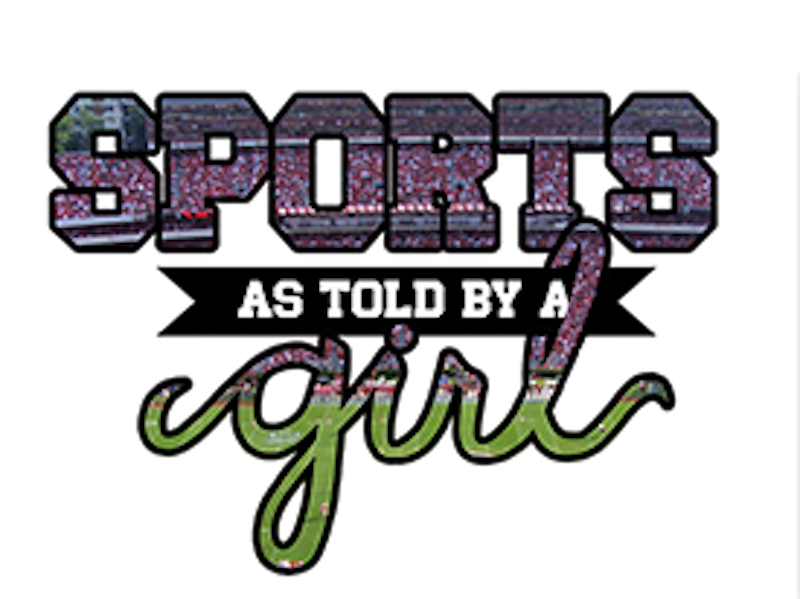If you’ve ever wondered how racehorses get their names, well, I’m about to tell you the backside scoop. Yes, there are rules courtesy of the Jockey Club that must be followed for a name to be considered legit. The Jockey Club is the racing industry’s main governing organization and oversees the approval of all racehorse names.
According to Rick Bailey, the Club registrar, about 30% of all name submissions are rejected for one reason or another. Usually, because there is a horse already with that same name, or something too similar in spelling. Sometimes, a name can be too risqué, crude, or outright obscene.
`It can be tough finding a completely original name, with so many horses on the registrar. One of the common methods is to name a horse after its dam or sire or some horse in its vast pedigree. If the sire’s name is Jack Attack, the new colt might be named MyJackAttack. If the horse’s dam is Fair Blues, the filly might be Got The Blues. Get it? Got it? Good.
Until a horse is officially named, it might take the name of its dam and the year it was born. Lolita 21 would be born in 2021 out of the dam Lolita. JudyBlue21 is the foal out of JudyBlue, born in 2021. Before these horses race, often at age two, they will need a legitimate and approved name.
The great American Pharoah went down in history as the first horse to win the Triple Crown after a 37-year wait in 2015. American Pharoah then went on to become the first horse to win racing’s grand slam, the Triple Crown and Breeders Cup Classic. He was named in a contest and the winning pick was misspelled as “Pharoah.” But true to the rules of the contest, the name stuck, and well, the rest is history.
Horses like Man O’ War, War Admiral, Bold Ruler, Secretariat, and War Front all pay homage to military terms. Other names like Effinex pay homage to divorced wives. Well, not so much homage in a good way. “EFFINEX…” Get it? If you have a good sense of humor, you name your horse “Hoof Hearted,” (say it fast!) or if you love history, you name your horse “John Henry.” It’s not a far reach to figure out that the owner of the famous horse, “Cigar” loved to smoke, well, you know…
Owners can name their horses after just about anything they choose, including locations, pop culture, music and movies, favorite places, favorite foods, historical events, even living people. There was a horse in the early 1990s named Barbara Bush that got a letter of approval from the First Lady herself. Before a horse can be named, the owner must submit the proposed name to the Jockey Club for approval. Many owners provide multiple names because of the limitations of acceptable names in hopes one will hit the spot.
The Jockey Club establishes the rules for naming horses in the thoroughbred racing world. Following is a list of their “not eligible” for use in naming of thoroughbred racehorses:
- Names consisting of more than 18 letters (spaces and punctuation marks count as letters)
- Names consisting entirely of initials such as C.O.D., F.O.B., etc.
- Names ending in “filly,” “colt,” “stud,” “mare,” “stallion,” or any similar horse-related term
- Names consisting entirely of numbers. Numbers above thirty may be used if they are spelled out
- Names ending with a numerical designation such as “2nd” or “3rd,” whether or not such a designation is spelled out
- Names of living persons unless written permission to use their name is on file with The Jockey Club
- Names of persons no longer living unless approval is granted by The Jockey Club based upon a satisfactory written explanation submitted to the Registrar
- Names of racetracks or graded stakes races
- Names clearly having commercial, artistic or creative significance
- Names that are suggestive or have a vulgar or obscene meaning; names considered in poor taste; or names that may be offensive to religious, political or ethnic groups
- Names that appear to be designed to harass, humiliate or disparage a specific individual, group of individuals or entity
- Names that are currently active either in racing or breeding
- Names of winners in the past 25 years of grade one stakes races
Permanent names
The list of criteria to establish a permanent name is as follows:
- Horses in racing’s Hall of Fame
- Horses that have been voted Horse of the Year
- Horses that have won an Eclipse Award
- Horses that have won a Sovereign Award (Canadian Champions)
- Annual leading sire and broodmare sire by progeny earnings
- Cumulative money winners of $2 million or more
- Horses that have won the Kentucky Derby, Preakness, Belmont Stakes, The Jockey Club Gold Cup, the Breeders’ Cup Classic or the Breeders’ Cup Turf; and
Horses included in the International List of Protected Names.
- Names similar in spelling or pronunciation to the classes of names listed in Rule 6(F) 6 – 14 above
- Names of horses previously recorded in The American Stud Book by the same sire or out of the same dam as the foal for which the attempt is made
- Names of horses appearing within the first five generations of the pedigree of the foal for which the attempt is made
In addition to the provisions of Rule 6, the Registrar of The Jockey Club reserves the right of approval on all name requests.
Racehorse names can be changed as long as the horse has not ever started a race, and the new name meets the initial requirements. Once you race a horse, you are pretty much stuck with that name. With all the above rules, you can see why it’s difficult to choose a memorable and unique name for a new racehorse, and why so many names sound strange, goofy, or trivial. Some owners, syndicates, and racehorse clubs are holding competitions among their members to name new horses in their stables. Often with a nice prize going to the winner.
Sometimes, names can reflect the signs of the times. No doubt a new wave of racehorses will be hitting the tracks soon with names like “Lockdown,” “ToiletPaperHoarder,” “WheresMyMask,” “Social Distancing,” and “CovidSucks.”
